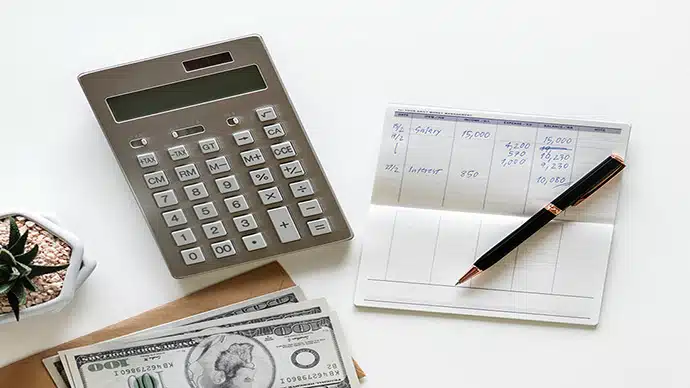
Billshark is sorry to have to tell you this, but just because you’re tech-savvy doesn’t mean you’re immune to scams. In fact, according to the Federal Trade Commission’s (FTC) Consumer Sentinel Network, millennials are twice as likely as people ages 40 and older to report losing money while shopping online, which has added up to nearly $450 million in just the last two years.
The top five frauds to which millennials report losing money are online shopping frauds, business imposters, government imposters, fake check scams, and romance scams, the FTC reports. They are also more likely than their older counterparts to report fraud losses on scams that promise to fix debt-related problems, or that promise money through jobs, investments, or business opportunities.
Why millennials are at risk
A recent study by the Better Business Bureau (BBB) backs up these findings, and the firm listed five reasons why millennials are getting scammed so often:
- they think they’re invincible, that they’re too educated and intelligent to become a victim, or that scammers only target older people;
- they spend more time online, including checking financial data even when using public Wi-Fi;
- they’re part of the sharing culture that puts every aspect of their lives online, making it easy for scammers to pick up personal information to use in scams;
- they’re more prone to work-at-home scams (which make up about 70 percent of work-at-home offers online); and,
- they tend to be generous, making them prone to crowdfunding scams.
Be very suspicious
Two huge red flags that indicate you’re about to lose all your money involve prepaid cards and large checks that you need to send on somewhere else.
Prepaid card
There are so many twists on this perennial “favorite” that it’s hard to keep up.
The rule of thumb: If you’re talking with anyone who tells you to go and buy prepaid cards and either send them or scratch off the numbers and read them over the phone, hang up. It’s a scam. Period.
No legitimate entity will ever tell you that you need to send payment via prepaid cards. Not the IRS, not AT&T, not the sheriff’s department, not a bank, not Microsoft or Apple, not anyone
- If a very official-sounding person calls to tell you you missed jury duty and must pay a $1,000 fine with prepaid gift cards to avoid jail, hang up.
- If someone at Amazon tells you you need to pay a fee with a prepaid card to activate your new Alexa device, hang up. (Even if you called them, you got a phony number.)
- If an angry “IRS” official is demanding immediate payment on taxes you owe or you’ll be arrested, hang up. (The IRS will contact you through snail mail, if indeed you are behind in your taxes.)
We repeat, no reputable business or government representative will demand that you pay with a prepaid card.
The check in the mail
The numerous twists on this common rip-off often involve work-at-home scams.
- A company will send you a $3,000 check and tell you to deposit it in your bank account and wire the money back to them “to help evaluate money transfer businesses.”
- A firm will send you a $1,500 check and tell you to deposit it and transfer the funds to another corporate vendor, who will ship you the supplies you need to get started in your new “job.”
- An offer for a “mystery shopping” gig will send you a $2,000 check and tell you to deposit it, report back on the bank’s customer service, then return $1,700 to them and keep the $300 balance for yourself.
No matter how you receive a large check (snail mail, FedEx, hand delivered) or what kind it is (personal check, cashier’s check, money order), do not deposit it in your account.
Listen to the FTC: “Banks must make funds from deposited checks available within days, but uncovering a fake check can take them weeks. If a check you deposit bounces—even after it seemed to clear—you’re responsible for repaying the bank. Money orders and cashier’s checks can be counterfeited, too.”
Listen to the U.S. Postal Service: “No legitimate transaction includes overpayment or requires a refund.”
It’s important that you understand that if you deposit one of these phony checks, you’re on the hook for the money. This is not something you can dispute; you will have to repay the bank.
How to protect yourself
If your intuition tells you something isn’t right, pay attention. Even if you’ve initiated a call with a business, check to see that you’ve dialed a legitimate number. If you found them on the Internet, double-check to make sure you have the real company, and not a look-alike website.
And by all means, never send money to strangers via a prepaid card or deposit checks from companies you don’t know if you’re required to wire money back to them.
Remember the old adage: If it seems too good to be true, it’s probably a scam.
One thing that’s not too good to be true is Billshark’s guarantee: If we can’t find you savings on the bills you send us to review, you don’t pay a penny. So contact us today and see how much we can save you.


